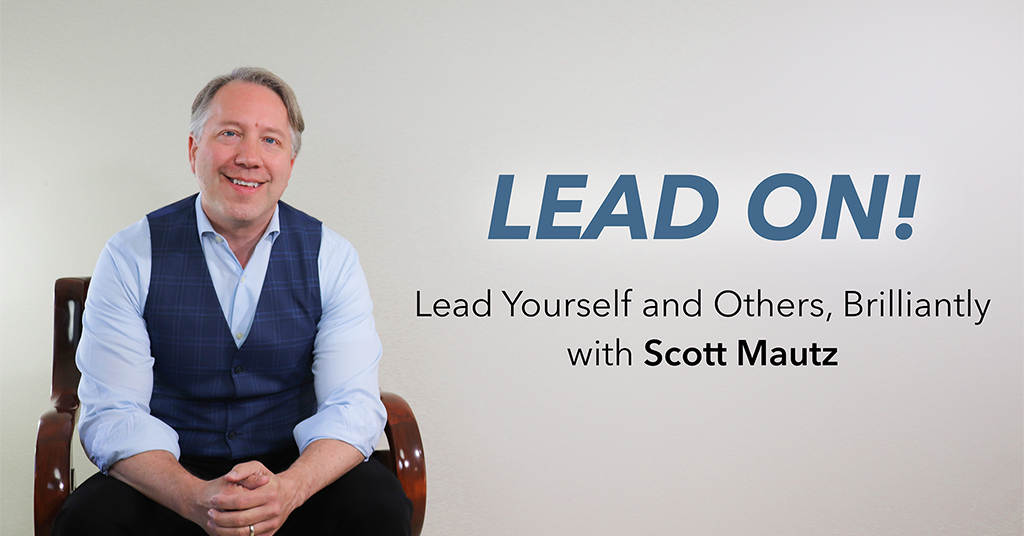
INSIGHTS (on leadership/self-leadership)
I believe we all could use more wonder in our lives. Wonder is a complex emotion that involves elements of surprise, curiosity, contemplation and joy. It’s defined by psychologist Neel Burton as a “heightened state of consciousness and emotion brought about by something beautiful, rare, or unexpected – that is, by a marvel.” The truth is, the experience of wonder has become all too rare an occurrence for us, ground to dust by the daily grind, cloaked under the weighted blanket of all that we take for granted. Worse still, as Burton says, “wonder is dismissed as a childish and self-indulgent emotion that’s to be grown out of rather than encouraged.”
So, we don’t experience wonder much anymore. Who cares? You should. Experiencing wonder yanks us out of our insular, jaded routine and reconnects us to a world brimming with joy-inducing astonishment. An example from an unlikely source: comedian Louis CK. He has said he doesn’t understand how people get so moody and angry in airports and on flights. After all, you’re about to hurtle through the sky, on a chair. It’s a friggin miracle! A marvel. And there are marvels everywhere. In an astonishing vista, an awe-inspiring piece of architecture, a brilliant musician, a mind-boggling technological advancement. Joy. Something I’m betting you wouldn’t mind more of right now. So, take a moment every now and then to detach from the day to day, to let your mind wander, and find wonder.
IMPERFECTIONS (a mistake many make, myself included)
What would happen if every time we lashed out at someone with a viewpoint different than our own, or felt like we were about to, we instead invited in curiosity? Think about it for a moment. Try to be angry when you’re curious. You can’t do it—they’re emotions on two different playing fields. Curiosity comes from genuine interest and a desire to understand, anger from not understanding why another’s interests don’t align with yours. Curiosity over anger is very much needed right now because we’re doing too much lashing out at each other. Over differences of opinions on vaccination, elections, politicians, climate change, and so much more. I’m not immune to taking the easy way out and just being angry at a point of view I disagree with, especially on any of the aforementioned. But I’m working on doing the harder work of being curious. It’s harder because it requires parking your emotions and believing there’s something you don’t know. As in, why does that person have the view they do? What’s their background? What information, values, belief systems, or worldview do they have that’s shaping how they think? I’m not saying you won’t still end up at odds with that person after your inquisitive efforts. But I promise if you pause to be curious, to seek to understand, anger isn’t driving the bus anymore. And productive discussion, tolerance, and empathy will have a much better chance of finding a seat across the aisle from frustration, resentment, and divisiveness.
IMPLEMENTATION (one research-backed strategy, tip, or tool)
What do Steve Jobs, Oprah Winfrey, and Bill Gates have in common? A deep curiosity and burning desire to continually learn. It’s no coincidence they’re all wildly successful, too. The concept of a fixed mindset versus a growth mindset is well-established now. A fixed mindset says you believe your abilities are a fixed trait, a growth mindset says you believe your abilities can grow through effort and learning. Not surprisingly, a growth mindset correlates with success. But how do you maintain a learning and growth mindset? It’s easier said than done when learning opportunities are often the first thing we sacrifice when things get hectic. But you can do so with “The 3C Exercise.” Take one-minute a week to ask and reflect upon this question:
“What shall I learn this week to advance my CAREER, CAUSE, and CURIOSITY?”
Consider what you could learn to help your CAREER. Maybe it’s scheduling a lunch with a mentor who gives great career advice or it’s committing to read just a few pages a day of that book about leadership. Think about what you could learn to help feed your CAUSE, something bigger picture that’s important to you. For example, perhaps a cause of yours is kindness, a core value that adds purpose to your life. Each week, consider “What shall I learn this week to help promote kindness?” It might be simply learning more about someone at work and how you might be able to help them. You get the idea. It’s a form of learning that feeds a yearning. Finally, what could you learn that week that you’re just CURIOUS about? Maybe you’re interested in mythology so you commit to reading one article on the topic. Perhaps you’ve always wanted to learn Spanish so you sign up for that online course. This kind of learning is just fun and sparks the love of learning for the sake of learning, for the joy of expanding your knowledge base. The point is, once you’ve identified one thing you can do for each C that week, commit to it. Do so, and you’ll keep the growing going.




Leave a Reply